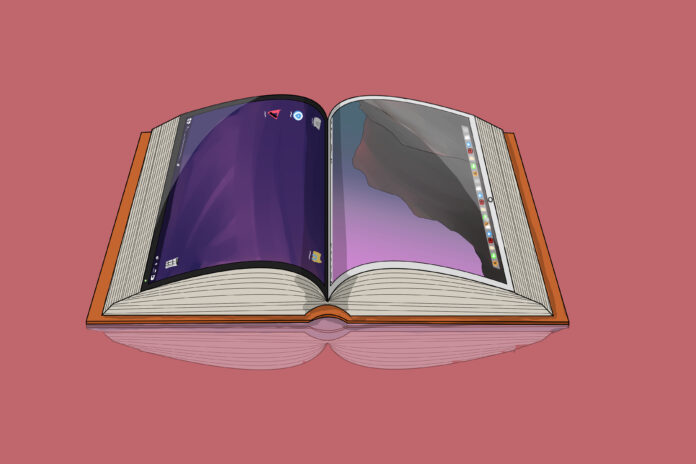A robot probably won’t create the next Great American Novel, but attempts to move AI in that direction are nevertheless alarming
I came across a weird tech discovery while listening to Reset, a podcast hosted by Arielle Duhaim-Ross. There have been developments in artificial intelligence that have given it the ability to write stories and aid in the creative process. The story was incredible and yet so bizarre. I am all for innovation and progress, but products like these make me pause.
There is something unusual about artificial intelligence writing the books and stories we consume, which are beloved for the unique and creative qualities of their human authors. I don’t mean this to sound alarmist or dystopian, just skeptical. The next AI-generated Nicholas Sparks-esque novel sounds terrifying, but it won’t be what puts an end to the human race (hopefully).
In the Reset episode, Duhaime-Ross talks to novelist Sigal Samuel about her experience with OpenAI’s GPT-2, which takes the sentence entered by a user and predicts the next sentences. Samuel enters text from her already published novel “The Mystics of Mile End” into GPT-2.
“The algorithm is sort of analyzing your words, your syntax, and then it’ll spit out how it thinks your text should be continued,” she tells Duhaime-Ross.
Samuel seems impressed with how the program continues her text. Samuel sees the program as a helpful resource for writers.
“As a writer, you don’t always have the luxury of being in the middle of an MFA workshop or just friends who you can bat around these ideas with,” Samuel said. “So it’s kind of nice to have this machine sounding board slash collaborator.”
Samuel’s experience with the GPT-2 model is just one example of artificial intelligence being used in the storytelling process. “Sunspring,” a nine-minute film directed by Oscar Sharp in 2016 is the first film entirely written by AI. It’s a weird and nonsensical film, proving that the likelihood of AI independently creating a well-written novel or screenplay is highly unlikely. But as Samuel has suggested, there is still room for collaboration between humans and machines.
Storytelling is so intrinsically human that there is something unnerving about AI involvement and collaboration in creative writing. Technology has found its way into every sector and realm of our public and private lives. In fact, I’d be surprised if our process of storytelling and writing doesn’t change within the next few years due to the involvement of AI. But it’s important to remember that people crave stories that stem from human creativity and personal experiences, whether an obscure interpretation of some socio-political event, an intimate memoir or an artful manifestation of a writer’s wildest dreams.
Technology and the humanities shouldn’t have to be in two different spheres of human intelligence and thinking. Literature, journalism and the broader humanities can be constructive in evaluating the impact of automated programming on humans, contextualizing and grounding technology on an intimate level. Technology is largely made to aid us in much of our work and interactions. For example, the advent of the computer has made writing (or rather, typing) stories easier and more accessible. It’s possible that in the future, technology could forge an even closer relationship between humans and the humanities in ways we couldn’t imagine. It could be a disaster, but maybe it won’t be all that bad.
Like many others, I love storytelling for the creative brilliance of its authentic writers. When I think about the books that I have found most compelling and impactful, it’s not due to their entertainment value alone. In “Giovanni’s Room,” James Baldwin manages to capture the very human feelings of loneliness and confusion in a relatable and simultaneously unique, way. George Orwell’s “1984” is still relevant and respected today for its ability to see through the facade of a seemingly perfect society. These stories are personal and critical, as well as entertaining.
Books take time, effort and dedication to create. To read a book is to engage in work that has been researched, thought out and mulled over a period of months, if not years. Context and life experiences matter in the storytelling process. Although it is hard to imagine artificial intelligence becoming adequate enough to assist or even replace writers, it’s disturbing to think of the automation of ideas we once saw as pure human brilliance and creativity.
Written by: Simran Kalkat — skkalkat@ucdavis.edu
Disclaimer: The views and opinions expressed by individual columnists belong to the columnists alone and do not necessarily indicate the views and opinions held by The California Aggie.





